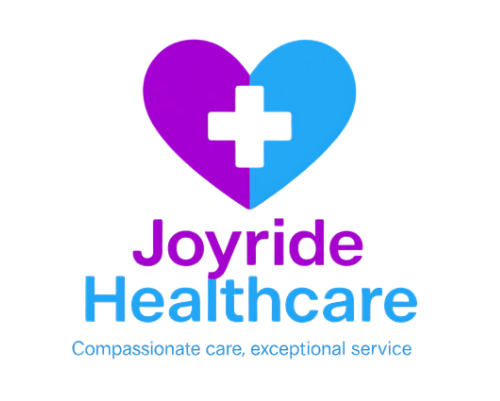ADHD/PTSD/Anxiety Disorder
ADHD
Attention-Deficit/Hyperactivity Disorder (ADHD) is a neurodevelopmental disorder commonly diagnosed in childhood but often continues into adulthood for some people. Due to external factors, there is a rise in new onset ADHD in early and middle adulthood. ADHD is characterized by symptoms of inattention, hyperactivity and impulsivity, which can impact daily functioning in school, work and social settings for at least 6 months.
Due to overlapping in mental health symptoms, a thorough assessment is required.
Treatment options for ADHD varies among individuals with medication, therapy, behavioral interventions such as behavior modifications, creating structured routine, lifestyle changes, proper sleep and a balanced diet can help improve focus, self-control and energy levels.
Living with ADHD can present some unique challenges but with a combination of treatment, coping strategies, and support, individuals with ADHD can thrive in both their personal and professional lives.
PTSD
Post-Traumatic Stress Disorder (PTSD) is a mental health condition that can develop after experiencing or witnessing a traumatic event, such as war, natural disasters, accidents or personal assaults. It can affect anyone, including children, and often leads to symptoms that may disrupt daily.
However, not every one who experiences trauma might experience the condition and symptoms display varies from each individual. Patients undergo a psychiatric assessment, to determine adequate diagnoses.
Treatment includes a combination of therapy, medication, support groups and lifestyle changes with exercise, healthy eating, good sleep habits and mindfulness practices like yoga or meditation can help manage symptoms.
with the right support, people with PTSD can lead fulfilling lives as many individuals find a strong support group, resilience-building activities and self -care strategies to manage their condition.
Anxiety
Anxiety happens to be the most common mental health disorder that affects any including children and the elderly. It is a normal body response to stress or danger, but it becomes a concern when the feeling of fear, worry, or nervousness becomes overwhelming, persistent, or interferes with daily functioning.
It is important to note that there are many different types of anxiety disorder, and its symptoms can mimic other mental health disorders such as ADHD, PTSD, OCD, etc.
Living with anxiety can be managed with treatment modified to regain control with lifestyle modification, therapy and learning to identify the triggers and developing coping skills.
Book your appointment now or feel free to call 240-764-6874 for any request.

